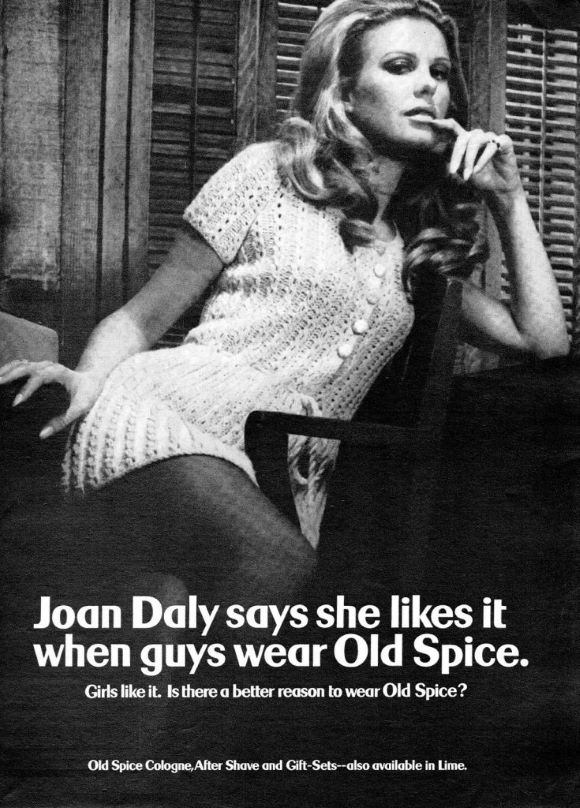3rd Wave Feminism -Raunch Culture
‘rebellion of younger women against what was perceived as the prescriptive, pushy and ‘sex negative’ approach of older feminists.’ (344)
Barker and Jane (2016 p. 344)
Third-wave feminism began in the early 1990s, coined by Naomi Wolf, it was a response to the generation gap between the feminist movement of the 1960’s and ’70’s, challenging and re-contextualising some of the definitions of femininity that grew out of that earlier period. In particular, the third-wave sees women’s lives as intersectional, demonstrating a pluralism towards race, ethnicity, class, religion, gender and nationality when discussing feminism.
According to Barker and Jane (2016), third wave feminism, which is regarded as having begun in the mid-90’s has following recognisable characteristics:
- an emphasis on the differences among women due to race, ethnicity, class, nationality, religion
- individual and do-it-yourself (DIY) tactics
- fluid and multiple subject positions and identities
- cyberactivism
- the reappropriation of derogatory terms such as ‘slut’ and ‘bitch’ for liberatory purposes
- sex positivity
‘a product of the unresolved feminist sex wars – the conflict between the women’s movement and the sexual revolution‘ .
Ariel Levy (2006:74)
According to Ariel Levy, in her book Female Chauvinist Pigs raunch culture is on the one hand, the idea of liberation involves new freedoms for sexual exhibition, experimentation and presentation,and on the other, it may well be playing out the same old patterns of exploitation, objectification and misogyny?
‘Raunch culture is the sexualised performance of women in the media that can play into male stereotypes of women as highly sexually available, where its performers believe they are powerful owners of their own sexuality’
Hendry & Stephenson (2018:50)
Watch the following video by Miley Cyrus and have a read of some of the (over) 1 million comments – which suggests that this is clearly a high contested and provocative cultural topic.
3rd to 4th wave feminist critical thinking
The shift in critical feminist studies that reconciles exploitation against empowerment illustrates the shift in feminist thinking towards the 3rd Wave of feminist thought, see for example, groups such as Third Wave Foundation.
However, a 4th wave feminism also looked to explore these contradictary arguments and further sought to recognise and use the emancipatory tools of new social platforms to connect, share and develop new perspectives, experiences and responses to oppression, ‘tools that are allowing women to build a strong, popular, reactive movement online‘ (Cochrane, 2013). As such, from the radical stance of #MeToo to the Free the Nipple campaign, which Miley Cyrus endorsed and supported (which may encourage you to re-evaluate your initial reading of her video Wrecking Ball above), the use of new media technologies has been a clear demarcation for broadening out the discussion and arguments that are played out in this line of critical thinking.

